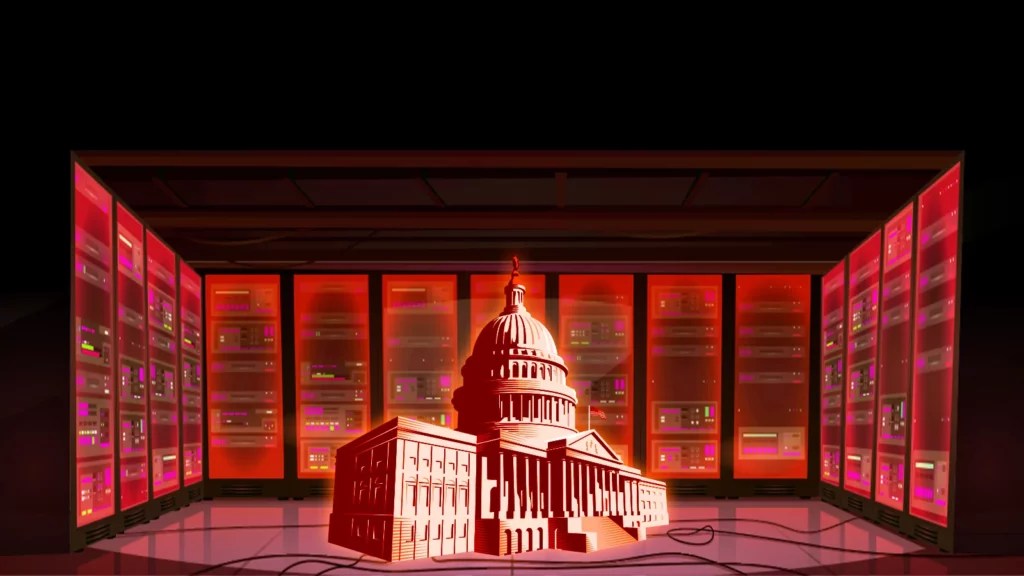Artificial intelligence is fast becoming an integral part of everyday life. But as the technology explodes, the debate intensifies on how to harness it properly and ethically. This Washington Examiner series, The Integration Era, will look at how AI is being used responsibly in Congress, how its usage is causing headaches in schools, and how Congress and courts are addressing abuses that target vulnerable people and threats to intellectual property.
Part 1: How AI is transforming work on Capitol Hill

Congress has an age-old problem: Massive bills often land on lawmakers’ desks just hours before a vote. The scale of the work far exceeds the capacity of most offices — and has for decades.
Artificial intelligence tools, particularly large language models such as OpenAI’s ChatGPT, are making a difference in addressing these long-standing annoyances and busy work. They’re being used to summarize reports, convert data into usable formats, translate dense text into plain language, and offload basic research tasks that once ate up hours, according to current and former staffers who spoke to the Washington Examiner.
While formal adoption remains uneven, daily use of these tools is reshaping how congressional offices process information, respond to the pace of policymaking, and prepare lawmakers to do their jobs.
Read more from the Washington Examiner.
Part 2: Widespread student use of AI needs code of conduct

When a Massachusetts high schooler used ChatGPT to help draft a history assignment, the school responded with discipline. His parents sued, saying their son was unfairly penalized for using artificial intelligence as a research assistant — not a ghostwriter.
The legal battle was the latest flashpoint in a growing national tug-of-war over whether generative AI should be treated in classrooms as a cheat or a research tool.
And right in time for finals, AI giants are targeting students directly. OpenAI CEO Sam Altman posted to X on April 3 that ChatGPT Plus would be “free for college students in the U.S. and Canada through May.” Less than a week later, Elon Musk matched the offer, promoting free access to xAI’s SuperGrok for students with .edu emails.
This rapid-fire rollout signals something bigger: a race to win over the next generation of users, even as schools scramble to define what responsible use looks like.
Read more from the Washington Examiner.
Part 3: Congress and courts confront AI’s legal gray areas

The artificial intelligence revolution is running headfirst into a legal barricade, and it’s unclear what features will be able to survive the impact.
As more victims of explicit deepfake images emerge and copyright fights in courtrooms percolate, the legislative and judicial branches are racing to draw lines around large language models, or LLMs. All the while, these technologies have been rewriting the standards of society before government institutions have a chance to react.
The stakes are high as the tools of generative AI test the boundaries of free speech, privacy, and intellectual property law.
